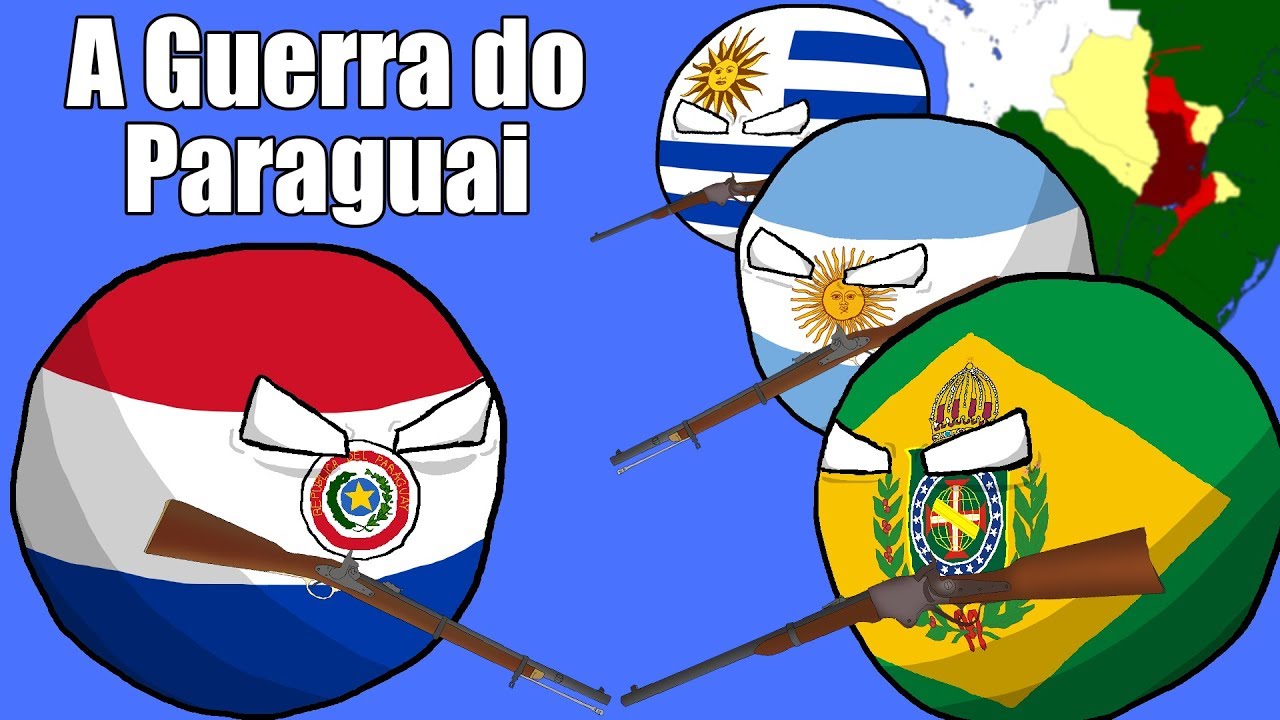ADVERTS
In the 19th century, Paraguay went against the Latin American model and sought a political scheme to modernize the country. Between 1811 and 1862 Paraguay had eradicated illiteracy, invested in the installation of factories, implemented an agrarian reform and changed its social style. In this way, Paraguay became a country with a competitive market and an educated society.
In 1862, Solano López's government wanted to continue prosperity. However, one of the biggest challenges was transporting production by sea. To do this, it was necessary to pass through the La Plata Basin, land belonging to Uruguay, Brazil and Argentina.
ADVERTS
This journey by Paraguay through the lands of other nations caused diplomatic wear and tear. Therefore, the current ruler of the country wanted to expand Paraguayan territory to gain autonomy to export production. Paraguay then began producing weapons and preparing soldiers for a future battle. There was also pressure from England on Brazil and Argentina to take advantage of Paraguay's economic expansion.

Argentina sought to support a new government in Uruguay that wanted to unify Argentina, Paraguay and Uruguay.
Brazil was against this position. Dom Pedro II was against this expansionist stance of neighboring nations and intervened in Uruguayan politics.
ADVERTS
There was a Brazilian invasion of Uruguay. Paraguay retaliated against Brazil with the appropriation of the Brazilian ship Marquês de Olinda. Thus, Brazil decided to wage war against Paraguay.
Brazil, Argentina and Uruguay formed the Triple Alliance with the support of England. The objective was to establish a troop that could defeat the Paraguayan troops. Paraguay managed to win some primary battles. But, as the Triple Alliance troops were larger, it became difficult for the Paraguayans to maintain their victory.
As Paraguay was reasonably prepared, the war lasted for five years. The fighting ended in 1869, when Paraguayan troops finally surrendered.
Due to the conflict, Paraguay's young population was executed in 80%. Due to the economic embargo, poverty devastated Paraguay. The Brazilian nation continued to be the owner of the Pratas region.
With the end of the war, Brazil retained its possessions in the Prata region. But Brazil's debt to England became gigantic. Thus, the English continued to interfere in Brazilian politics and the economy.
